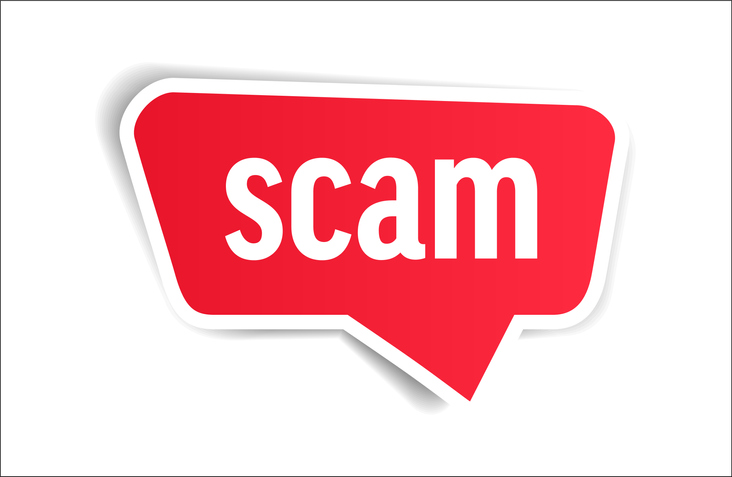Living with Chronic Pain
4 Health Care Scams to Avoid

Most individuals are aware of technology scams; however, they may not be aware that many scams surround healthcare. Discounted health insurance, miracle cures, health supplements, and affordable prescription medicine are just a few examples of what individuals use to scam people. What scammers really want is personal information, such as identification documents, banking details, credit card numbers, etc.
People all over the world have lost endless amounts of money to scammers. Identity theft also occurs frequently by someone fraudulently acquiring a person's personal identification, while using it for financial gain.
Four health care scams individuals should guard themselves against include, but are not limited to, the following:
- Scams requesting personal, financial, or health care information
Scammers may call, text or email claiming to be from a government or health care agency. They often ask for personal information, such as banking or credit card information, Medicare or insurance number, Social Security Number, Provincial/Territorial Health Card Number, Social Insurance Number, etc. Individuals should disconnect the call and avoid responding to text messages or emails. Contact the agency directly, through an official phone number or website, to determine if the request is valid. - COVID-19 scams
Unfortunately, scammers have taken advantage of the COVID-19 pandemic. They may attempt to sell COVID-19 vaccinations, treatments or cures. In order to gain financial information, they may state that a Canada Emergency Response Benefit or United States economic impact payment is available or needs to be repaid. To avoid these scams, only obtain COVID-19 vaccinations or treatments from a health care professional, public health clinic, or pharmacy. Investigate the validity of requests for information with the appropriate authorities before complying. - Insurance scams
Scammers try to get individuals to sign up for health insurance or pay for insurance that either does not deliver what is promised or is nonexistent. Alternatively, scammers may try to get an individual’s existing insurance or Medicare information in order to file false claims. Thoroughly investigate insurance companies before committing, and be extremely cautious about supplying existing insurance information. - Fraudulent health care products or services
Products that claim to be a “miracle cure,” quick fix, or “all-natural alternative” may be fraudulent. These products are often advertised by scammers on television, social media, or other areas of the internet. Not only are these products a waste of money, but they could also cause serious illness, injury, or death. If a product or service seems too good to be true, it typically is. Speak with a physician or other health care professional before purchasing it.
PainScale does not distribute or sell personal information. PainScale allows individuals to control who has access to their pain reports. If someone calls stating they are from PainScale and attempts to sell products, please hang up the phone and give a detailed report, including a phone number if possible, to PainScale. Thank you.
Additional Sources: Federal Trade Commission and Consumer Alert: Federal Trade Commission

















